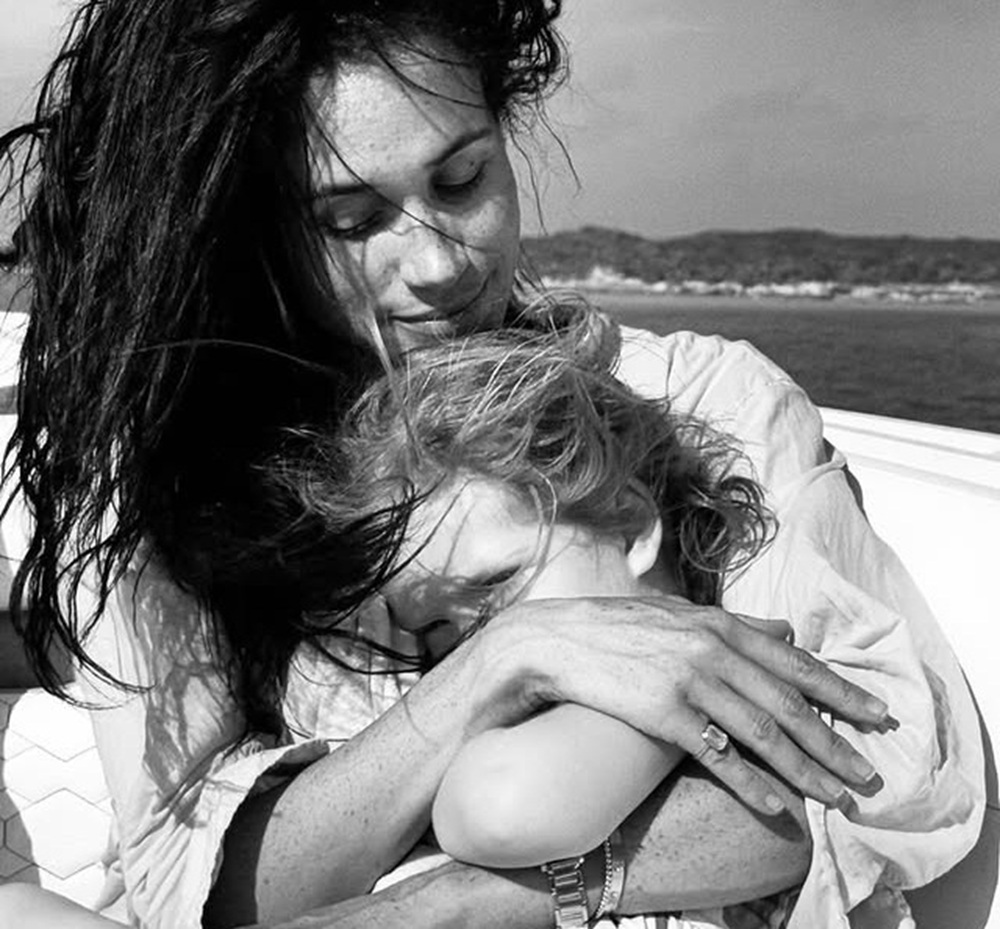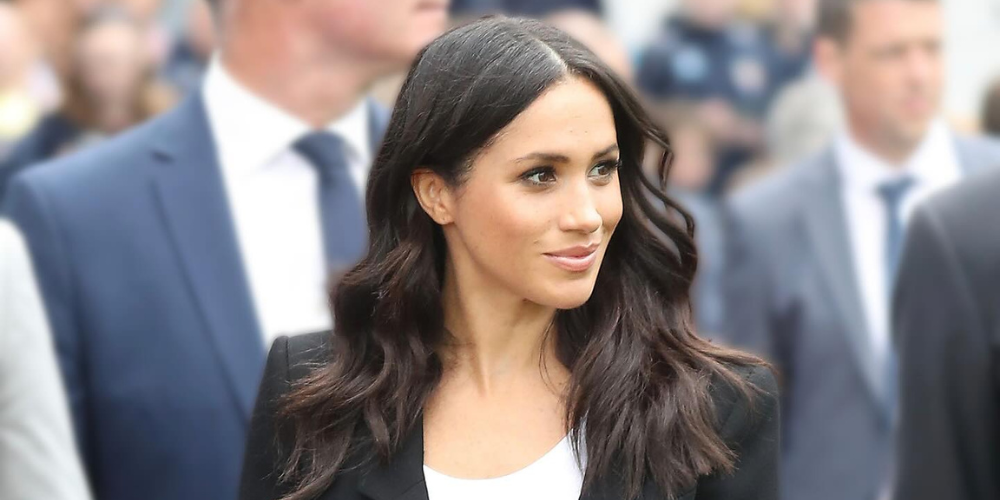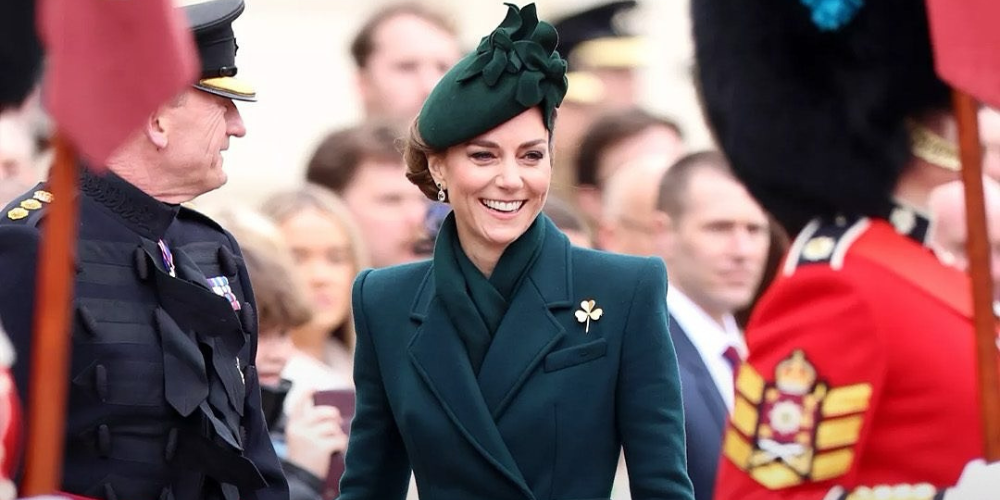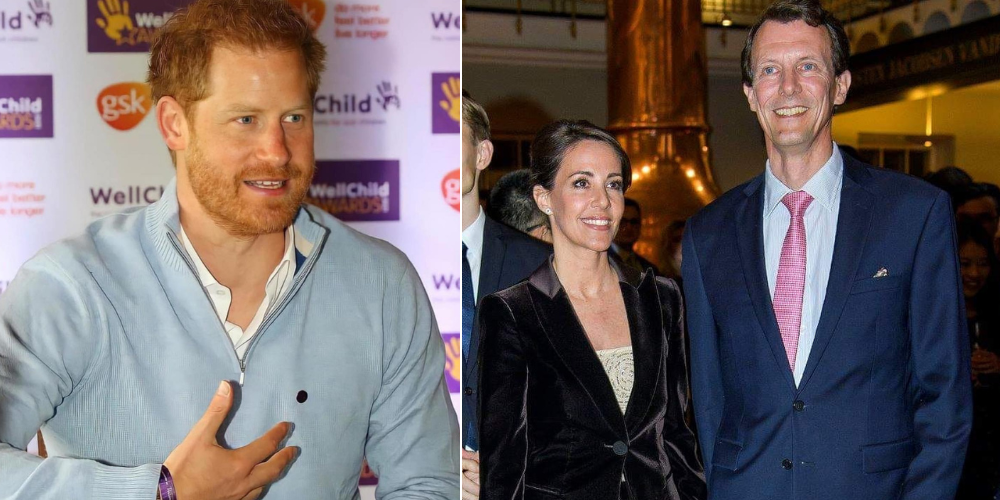Whatever thread was holding Prince Harry and the royal family together seems to have frayed beyond function. The most recent development, a quiet, pointed absence of response from King Charles, has clarified what many suspected for a while: this is no cold spell. This is estrangement.
The Sound of No One Calling
In a recent interview, Prince Harry dropped a line that landed like a thud across the monarchy’s polished marble floors: his father no longer takes his calls. Not in the metaphorical sense. Literally. The King is not answering. It’s the sort of detail that doesn’t need embellishment to sting, and Harry knew that.
For a family so deeply conditioned to operate in code (symbolism over speech, stances over statements), this is the equivalent of slamming the door. And it came not with a royal decree but a dial tone.
In royal circles, the concern isn’t just about broken ties but about what happens next. One palace aide reportedly muttered something close to, “Trust has been hollowed out.” Not cracked. Hollowed. That’s telling. The institution isn’t just wary of what Harry might say; it now assumes he will say it, preferably to a prime-time audience with decent lighting.
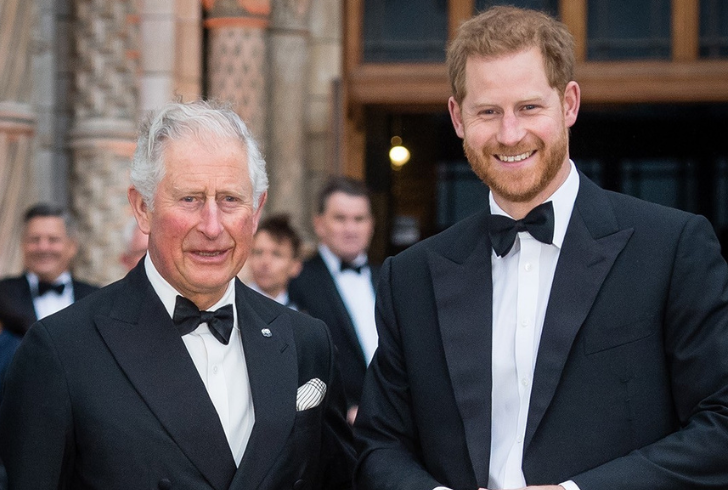
A Hand Extended, Unshaken
To his credit, or perhaps his detriment depending on where you stand, Harry has been making gestures. During that same interview, he spoke plainly—an unusual choice for a Windsor descendant. “I just want to speak to my dad,” he said. No Shakespearean flourish. Just a son hoping to be heard.
He brought up King Charles’s health—specifically, the cancer diagnosis that became public last year—as a reason for urgency. Mortality tends to clarify what matters, and for Harry, that seems to include closure. Or at the very least, a phone call that lasts longer than a missed notification.
But here’s where it gets thorny: Harry also criticized the decision to strip him of publicly funded security during UK visits. He blamed bureaucracy, but didn’t stop there—he implied that his father could have intervened. Could still intervene, in fact.
That, unsurprisingly, didn’t help.
Messages Sent, Messages Ignored
Harry reportedly tried to meet the King face-to-face when he flew into London this past April. It was not a dramatic pop-in with paparazzi in tow, but an actual request sent privately. The response? None.
As one source dryly put it, “The message was received. It just wasn’t answered.” That’s diplomacy-speak for: it was ignored on purpose.
It’s not just awkward, it’s symbolic. For a man raised in a family where even the position of brooches is studied for subtext, Charles knows that silence sends a clearer signal than any press release. He’s not budging.
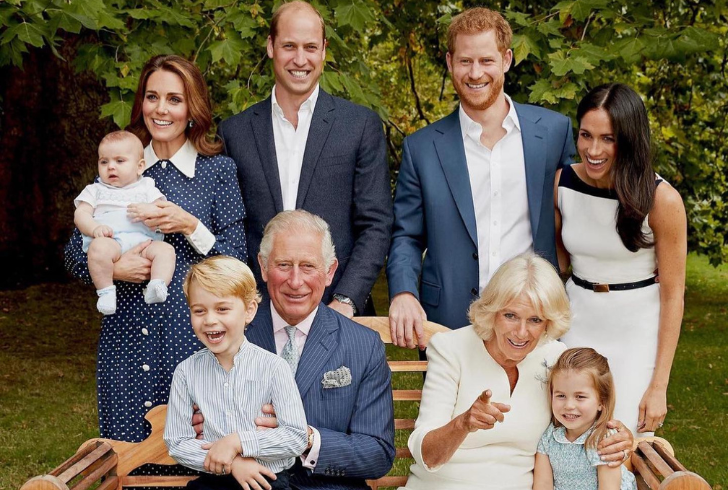
Sympathy, Split Down the Middle
Out in the court of public opinion, the reactions aren’t much less divided than they are inside Buckingham Palace. Some people see Harry as a man trying—awkwardly, publicly, maybe a bit clumsily—to reestablish a sense of family. Others see a self-appointed whistleblower who keeps airing grievances that should have stayed in the group chat.
It’s no longer just about what Harry says, but when, where, and with what kind of lighting. Every heartfelt plea gets weighed against a documentary deal. Every accusation gets a side-by-side with an Oprah clip.
A Legacy Written in Absence
This isn’t the kind of family feud that burns out. It’s not a single event or argument—it’s the residue of years of friction, papered over with formality until someone finally walked out. The monarchy has made its position known by saying very little. Harry, as ever, says much more.
Will they patch it up? Technically, sure. But royal history isn’t full of examples where things quietly went back to normal. It’s filled with exiles, dignified silences, and the sort of reconciliation that happens only when someone’s writing a eulogy.
For now, the real story isn’t what’s being said. It’s who’s not answering the phone.


